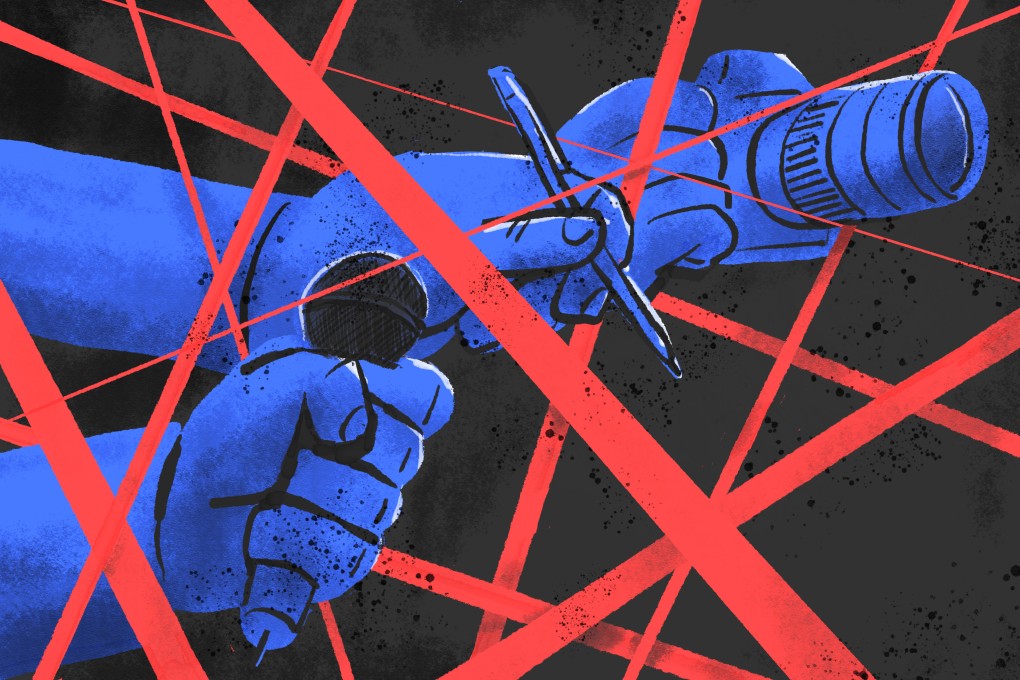Hong Kong media and the closures of Stand News and Citizen News: where do the rest go from here?
- Does the closure of three media outlets in recent months portend a dark future for the news business in the financial hub?
- Many industry veterans are sceptical about the future of press freedom in the city, but some academics say there is still room for professionals to do their work – the question is how

As a teenager, Ronson Chan Ron-sing dreamed of nothing else but becoming a journalist, jumping at every chance to get his byline in as many student newspapers and magazines willing to accept his pieces.
“I have never imagined a life without me being a journalist,” said Chan, 40, who became the head of Hong Kong Journalists’ Association (HKJA) last year.
Unlike him, Dominic Lee Tsz-king, 37, was a latecomer to the media scene. After failing to get re-elected in the 2019 district council poll, Lee turned to YouTube to launch his channel focusing on telling pro-establishment supporters “news the media don’t want you to know”.
“Hong Kong has always been a place that values press freedom … but it doesn’t mean lawbreaking behaviour is allowed,” the lawmaker, who was elected in the December Legislative Council election, said in a video he posted recently accusing rival “yellow” channels of purveying “an opposition agenda.”

His talk show is gaining traction, going by the hundreds of thousands of views each of his videos attracts.